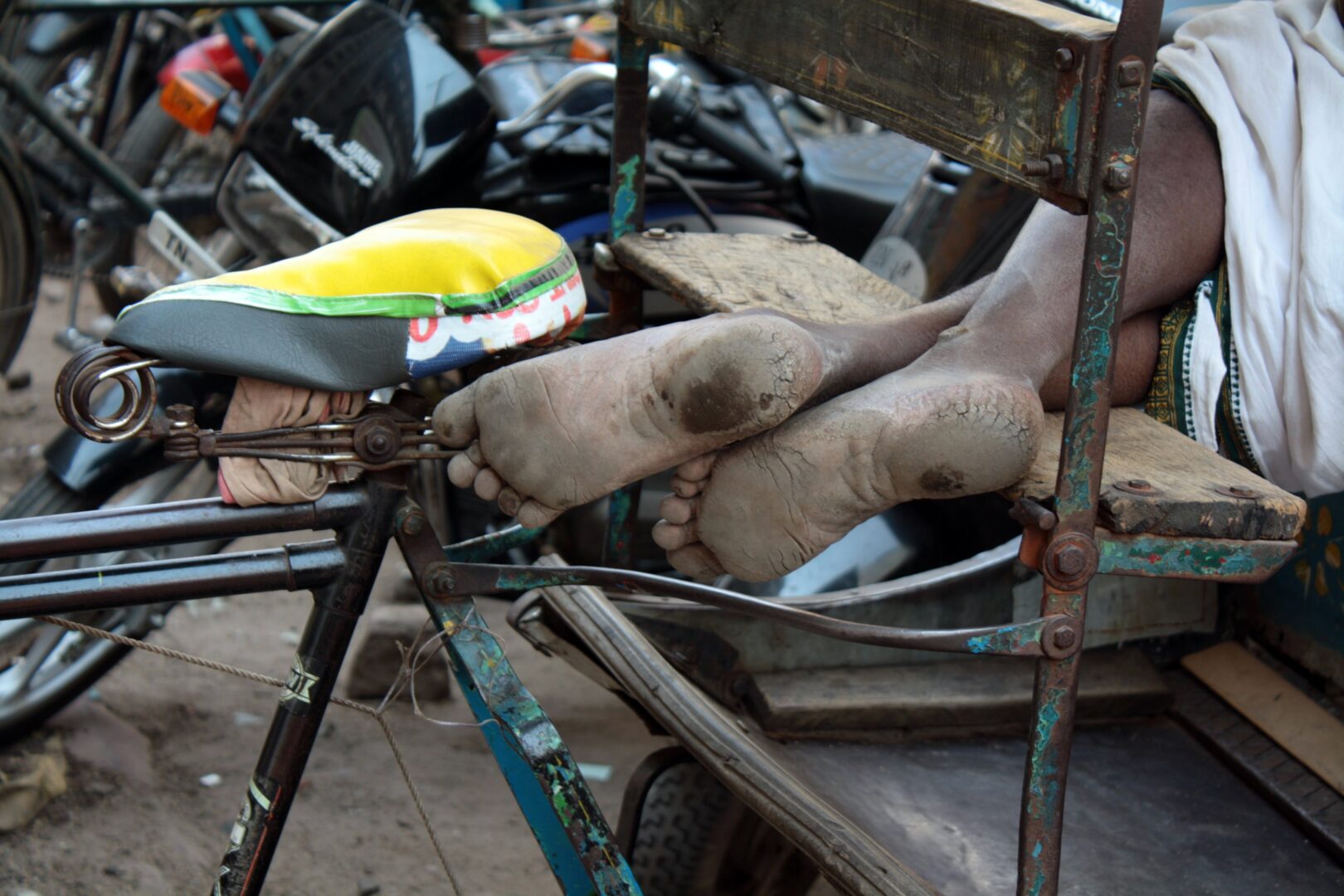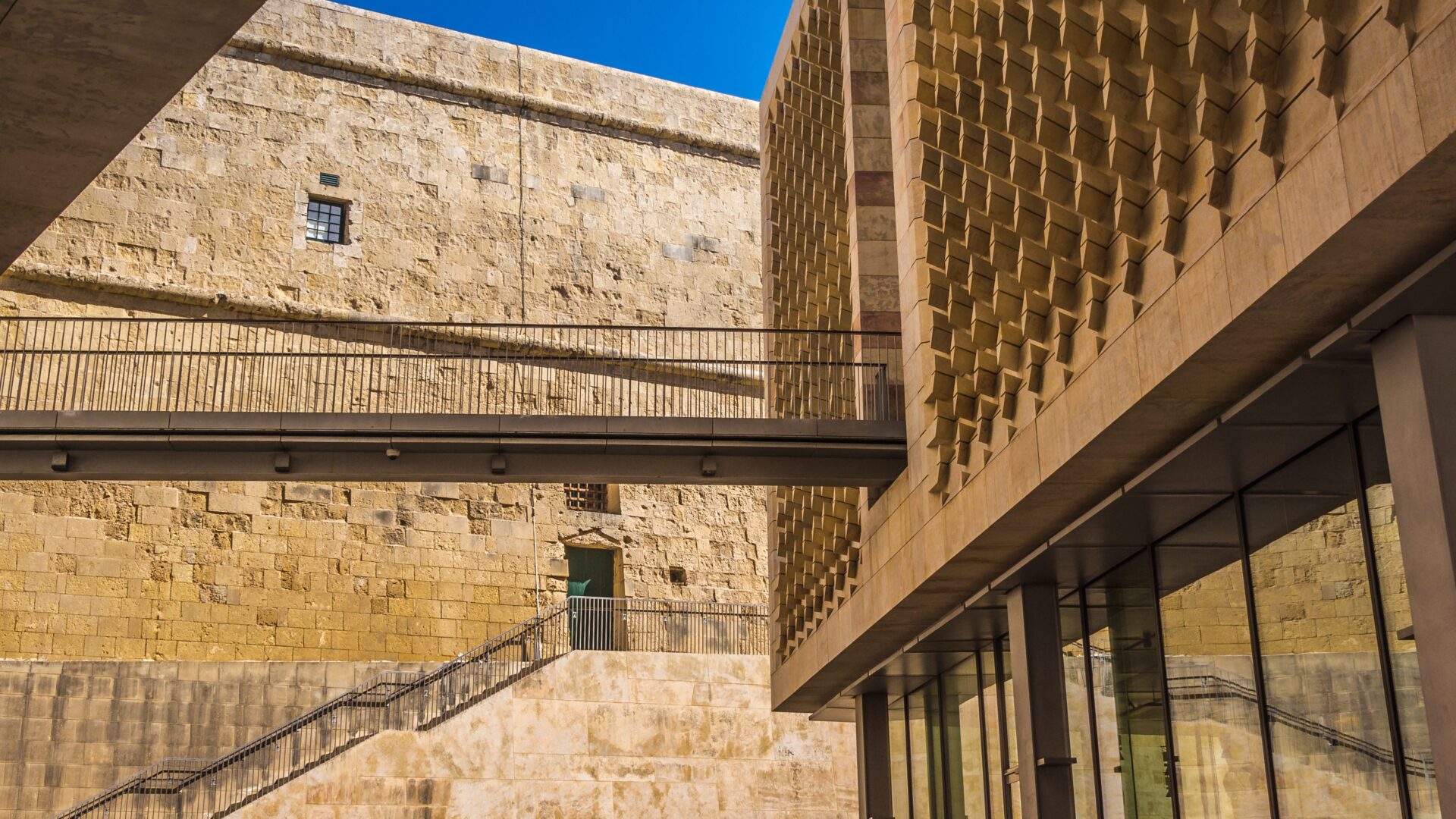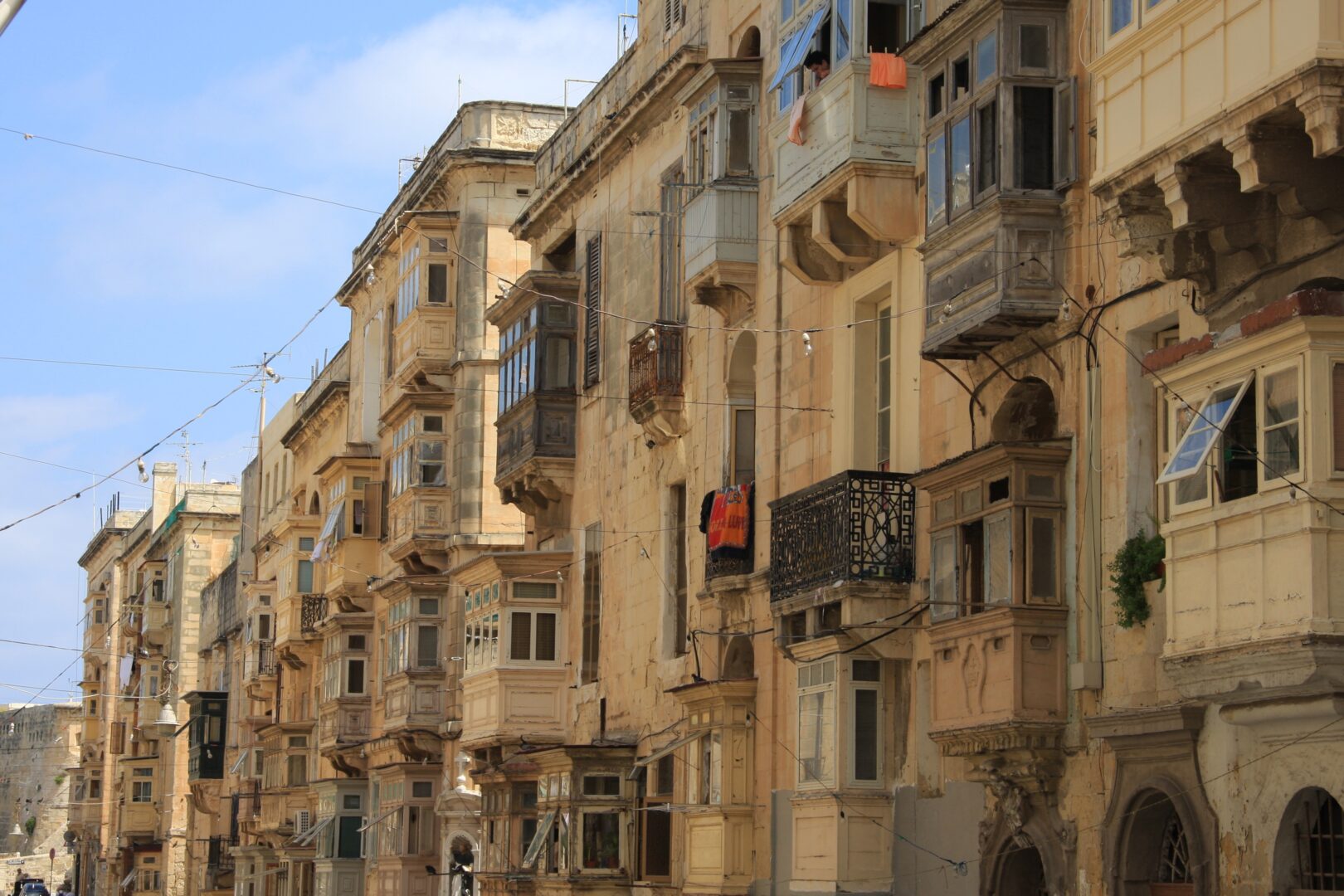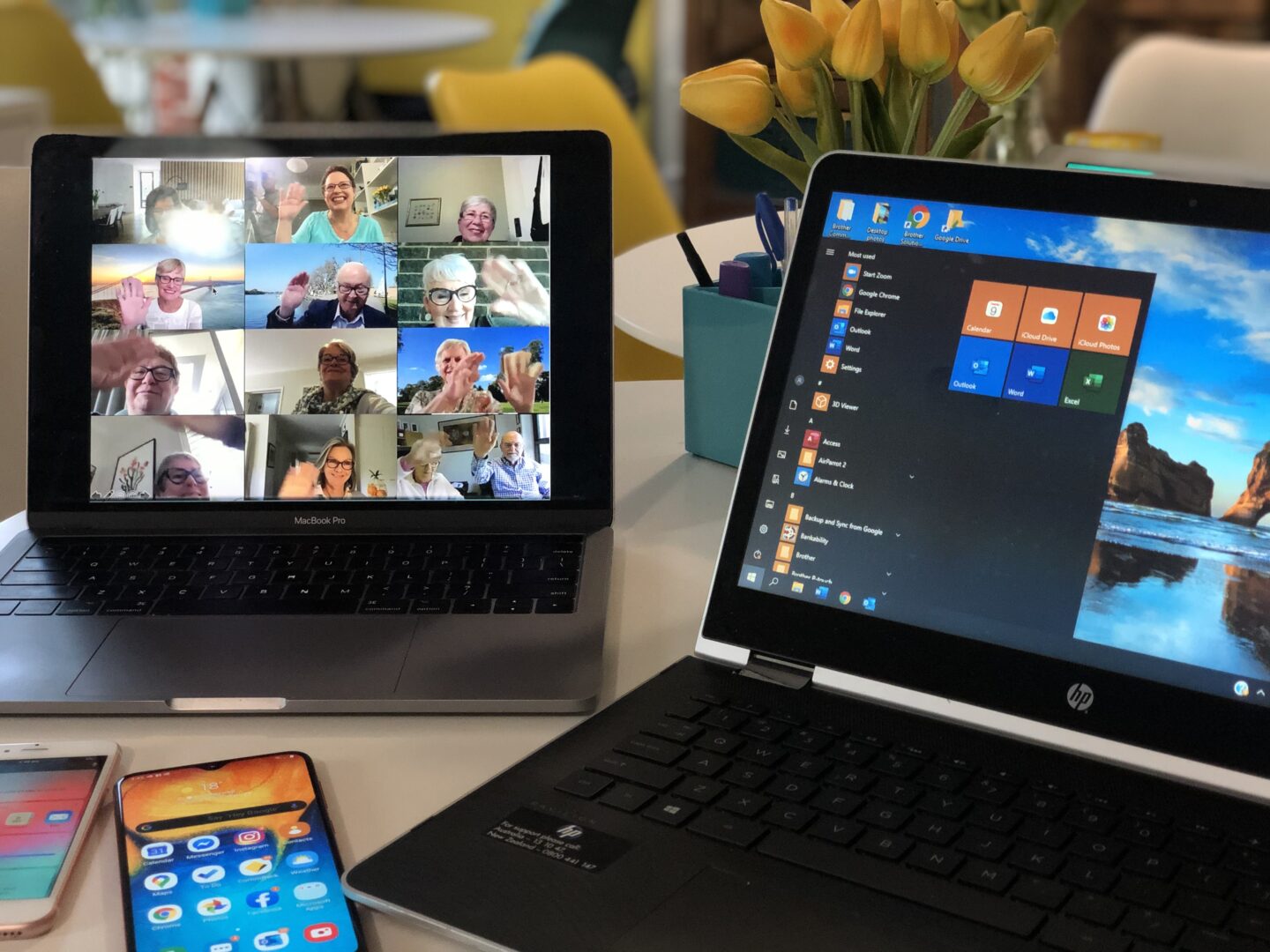Then they told what had happened on the road, and how he had been made known to them in the breaking of the bread. (Lk 24:35)
Becoming the Holy People of God bonded in the power of the one Comforter (Parakletos) and Teacher assumes being attentive to where the Holy Spirit desires to birth and sustain the “body of Christ” in our midst.

There are six distinct spaces in present‑day Maltese society where the Church must discern which best practices constitute the witness of Christ’s reconciliation, formation and contemplation through concrete gestures of listening, welcoming and accompaniment:
The privileged space where Christ desires to encounter his chosen ones, to offer them new life, is precisely in their vulnerability, in the midst of their suffering. Thus, the disciples’ mission of witness must be first and foremost “in the field hospital after the battlefield” because that is where the greatest human desire for the God who saves is.
But in a land where we often claim to know everything about each other, it is not always immediately apparent where the “peripheries” and those suffering are. The poor are always among us and today we have our fair share: migrants who have been traumatised through perilous journeys; the homeless and those living in less than dignified conditions; those struggling with addictions or other debilitating physical and mental health conditions; the elderly and single parent households unable to make ends meet; children and youth who feel disheartened for the future.

Even so, stereotypes of “the poor” might not always suffice, for suffering can also be hidden where one least expects it. We can become “blinded” or “indifferent” in particular to what we are most used to seeing: the elderly combatting loneliness; those mourning grieving the loss of a loved one; the child suffering emotional neglect; the neighbour struggling with abuse at work; the family caught in marital conflict; the new mother with no support; the victim of domestic abuse; the colleague gripped with anxiety; the friends caring for an ill family member.
The primary responsibility of the Church is to be the “eyes that see” and “ears that hear” the cries emerging from the peripheries. There, we can be attentive and responsive to all the wounded among us—no matter how hidden their suffering might be.
There can be no society without the spaces where people can come together to rest from their daily chores; dialogue about common concerns; exchange ideas; nurture a creative, entrepreneurial spirit; collaborate on joint projects; and build a better future together. A healthy society can flourish when men, women, and especially youth and children—and across generations—can dream together, construct stories together, and weave a shared identity through their creative spirit. These spaces of encounter are where the Spirit desires to sow the seeds that will bear the fruit of tomorrow.
Through all her members, the Church must not only participate in public debate to collaborate with all people of goodwill; she bears the responsibility to be a space of dialogue and encounter where everyone, with no exception, is invited to actively participate in the political and economic task of building a culture of integral ecological flourishing.
Through her rich tradition of reflecting on human wellbeing, and of engaging with the arts and all natural and human sciences, the local Church has the duty to cultivate a culture of encounter in the Maltese context that is increasingly ethnically and religiously diverse.
This is especially true for our youth, whose natural disposition to explore, to think outside the box, to try new things, to reach out to others and, thus, like a wild bush, to spread their branches rapidly to build bridges and connections, is not only especially vibrant, but the essential building blocks for the future of society.
Public institutions like government, parliament, law courts, law enforcement, civil society, national security, healthcare and schools shape our life together and are responsible for safeguarding our future as a nation. Public institutions must not only promote justice: they must be seen as being just and in service of the public good. They must empower the vulnerable and give voice to the disenfranchised, so we can create and preserve a shared narrative of what makes us one people seeking to build a life in common on a small land that is part of the European Union and the greater commonwealth of nations.

The sustainable growth of our nation depends on our ability to collaborate together and with other peoples for the long haul, rather than be driven by short‑sighted and egotistical wants. All our institutions must educate for civic responsibility rather than instant gratification; to nurture an ethos of cooperation rather than competition; to seek an ecological conversion that considers the holistic and mutually dependent effects of our actions, rather than think narrowly by focusing only on what is of immediate concern.
Nowhere is this process of educating more necessary than in our ecclesial spaces that must nurture a truly “Christian ethos” and therefore form our “Catholic” presence in society to be the “salt of the earth” and “light of the world” (Mt 5:13, 14). If the “People of God” fails in our foundational mission to be reconciled and therefore witness the lifestyle of “the Kingdom” rather than of “the world”; if our “salt has lost its taste,” then “it is no longer good for anything, but is thrown out and trampled under foot” (Mt 5:13).
The Church, present in society through its manifold institutions, remains “relevant” insofar as her “public” institutional witness also conforms to the strict demands of the Gospel—not as a statement of rigid legalism, but as a true manifestation of justice that practices a “preferential option for the poor”; and of mercy that dares to go the extra mile in being welcoming, generous and kind to the stranger and neediest.
Through her institutions, the Church also has the responsibility to form society to seek an objective common good—not through forcing a vision of the good life upon others, but through the persuasive power of the “joy of the Gospel” itself. That experience of joy emerges most eloquently in our public expression of faith that, while reminding of the “Catholic” roots of our Maltese culture, it still excludes nobody, but rather invites to a deeper shared human experience.
Who we are is revealed most clearly in our most intimate relationships. Our homes serve as the most foundational school to become persons‑in‑relationship who can grow to trust one another, collaborate towards a common project, but also resolve inevitable conflicts, and, most crucially, forgive mutually‑inflicted hurts and disappointments. Domestic spaces dissolve if their members do not practice reconciliation as part of that process of cultivating the next generation. Moreover, forgiveness—that is essential to personal and communal healing—is only truly possible as a grace from God. Thus, our domestic spaces are the true barometers that measure the resilience of our nation and, indeed, the authenticity of our witness as “People of God” who reconciles, forms and can participate in God’s saving mercy.

The sacramental nature of the marriage that bonds disciples, and on which the domestic Church is built, can inoculate against the many pressures that challenge family life and personal relationships in today’s Malta. But marriage too must be lived authentically, and to succeed, it needs much support from all the Church and its structures. Christian families are ultimately the very skeleton of the ecclesia, whose strength sustains the whole body. The crises of love in family life are ultimately not only what could break us, but what can form us to become a purified “People of God”, truly able to love “in good times and in bad, in sickness and in health” and for the long haul towards the Parousia.
Each one of the “physical” spaces outlined is also extended “online” through the network of mediated human participation that is the internet. It is “the new world” expanding from the world we used to know. It is a web‑like reality, of “ubiquitous connectivity and pervasive proximity,” where the patterns of social relations we were used to—hierarchy, authority, bureaucracy—give way to new modes of interaction; to new ways of collaboration, to new expressions of being human. This new environment—our own selves seamlessly intertwined with one another and our creations—reaches to the ends of the world and therefore urges us to reconsider even our own “Maltese” particularity.
“The only measure for properly evaluating an age is to ask to what extent it fosters the development and attainment of a full and authentically meaningful human existence, in accordance with the peculiar character and the capacities of that age” (Evangelii gaudium, 224, quoting Romano Guardini).

The new mediated reality we are immersed into is an invitation to humanize the capabilities of this “networked” and “artificially intelligent” culture. As such, it is also an opportunity to (re)discover essentially human characteristics that today can and must flourish in a new way. Since in today’s connected world no one can be a stranger, we are certainly being invited to live experiences of authentic encounter, in openness to dialogue, and to together weave a more universal language of human solidarity and friendship.
Indeed, the more time passes, the more the social spaces where people come together to converse, exchange insights, ideas and dream of a better tomorrow are “augmented spaces” where the digital realm extends our social, economic and political lives. Where we spend our time, where we gather for gossip, for jokes, for “news”, for advice, for play, for togetherness … has become the space where we are simply invited “to be community.”
This is not to deny the richness of our immediate embodiment. But we are being invited to wonder at the emergent beauty of our extended minds, and indeed even extended “bodies.” Through screens of all sizes we can learn to reach out to one another and be the “communion of souls” we all humanly hope for and desire.
That “reaching out” is not in the same way we usually smile at one another, look in each other’s eyes, or shake hands. Likewise, coming together as “a community that prays” is reconceived “in accordance with the peculiar character and the capacities of that age.”
But what we are discovering is a “new language” of shared memories, exchanged thoughts, fragments of feelings, experiences of being moved by beauty… that inspire us, make us our “selves”, the “persons” who seek companionship. It is a language where what is in our minds and souls flows as evocative symbols, as veiled sensations, that together we seek to stitch as one narrative to make sense of our collective “new world.”
Nonetheless, putting on the extended skin of our digital selves also poses new challenges: the “dominant technocratic paradigm” follows the logic of utility, reducing persons to data, and therefore to opportunities for manipulation and gain. Thus, social media driven by the logic of maximizing profit and of selling (or pushing) “information” to the highest bidder, are also becoming the means to “dictate” ideologies, relativised values, populist agendas, and therefore to limit the people’s freedom.
It is thus urgent to imagine a shared “global” life by cultivating the art of openness and dialogue across all differences of culture, religion and philosophical opinion. Social media pose a greater risk where the careful manipulation of our likes and dislikes, of opinions and preferences, shapes the people’s vision of ourselves more than reasoned persuasion. Because close immediate encounters tend to be emotionally‑laden, our new proximity gives rise to a new collective agonism and tribalism. Moreover, through the use of algorithms and targeted propaganda, we can easily be manipulated emotionally to favour agendas that contradict reason and the common good. “Communication” in mediated spaces is thus, first and foremost, about breaking the shackles that intend to “sell” particular lifestyles, where the privileged gain even more at the expense of reducing the masses to mere numbers mined for data.
In this global “humanising” task, the Church has a duty to speak prophetically by insisting on the fundamental truths that are necessary for human flourishing. Moreover, the universal Church must also speak with the language—and gifts—of each People so no one is excluded, and every culture is included. This implies the enculturation of the gospel in each particular reality, so together, in our mutual exchange in this new digital environment, can share authentically human gifts that enrich the “communion of peoples.”
[1] UCAPP “ubiquitous connectivity and pervasive proximity”


